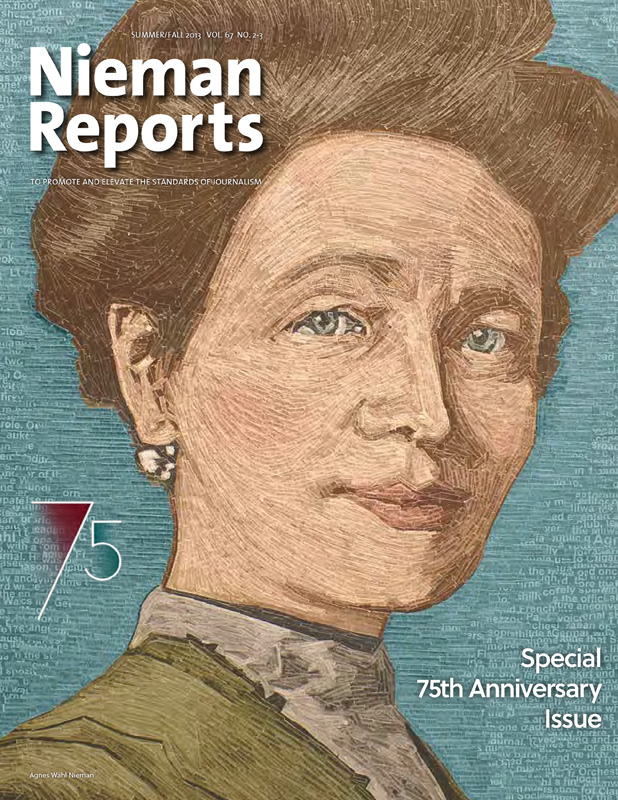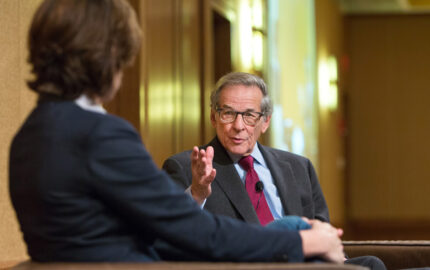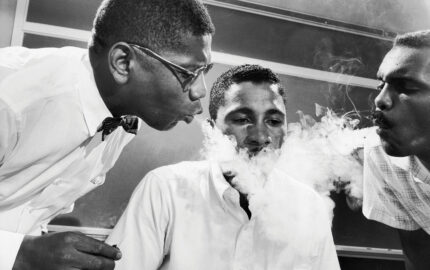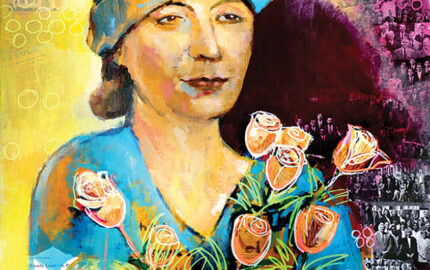A member of the team that won a Pulitzer for reporting on the Pentagon Papers, Smith has had a major presence on PBS with his Frontline investigations
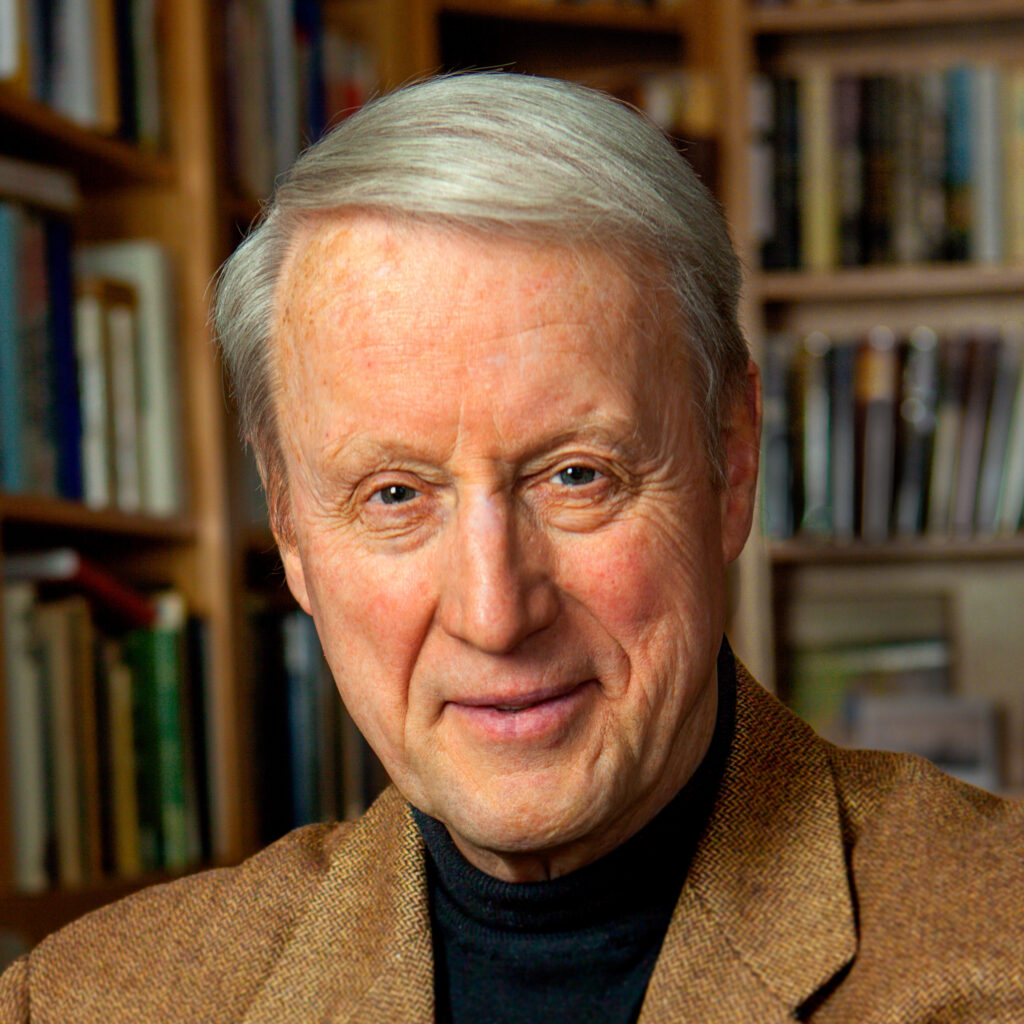
As a reporter given the priceless opportunity to pursue a career as a foreign correspondent for The New York Times, it bothered me greatly that we American journalists often ventured abroad with the skimpiest knowledge of the countries and cultures we were about to cover. We were quick and agile and developed good sources, but quite often we simply failed to penetrate and translate these foreign countries and peoples to our readers, especially when so many of our attitudes and journalistic prisms were shaped by the Cold War.
To me, Moscow was the big challenge. I had not wanted to go there as unprepared as I had gone to Saigon and Cairo, given a few weeks of Berlitz Arabic and gulping down important books like Bernard Fall’s “Two Vietnams.” And so to me, a Nieman year of studying Russian, having a chance to read Tolstoy and Dostoyevsky, to sit in a seminar with professor Merle Fainsod applying the Kremlinological analysis from his book “How Russia Is Ruled” and hearing professor Adam Ulam explain Soviet foreign policy from Lenin to Kosygin were crucial to my desire to get beyond the stereotypes and barriers of the Cold War.
The Nieman year opened doors of understanding, avenues of cultural entree and, most importantly, a way to speak directly to Russians without the filter of a translator. With that launching pad, once I got to Moscow, I could not only have stories to tell but I knew they were authentic because I heard them personally. No Soviet censor could cut me out. No translator could bowdlerize the street gossip of Moscow babushkas. And when I met Boris Pasternak’s son Zhenya or Osip Mandelshtam’s widow, Nadezhda, I knew enough of the lives and writings of Pasternak and Mandelshtam to engage their unbelievably courageous and intelligent families in a rich dialogue.
Because of the depth of its offerings, the Nieman experience altered my reporting in the most fundamental way. It gave me crucial tools to see, to grasp, to report and to write with depth and engagement on a topic of immense importance and interest to Americans.

